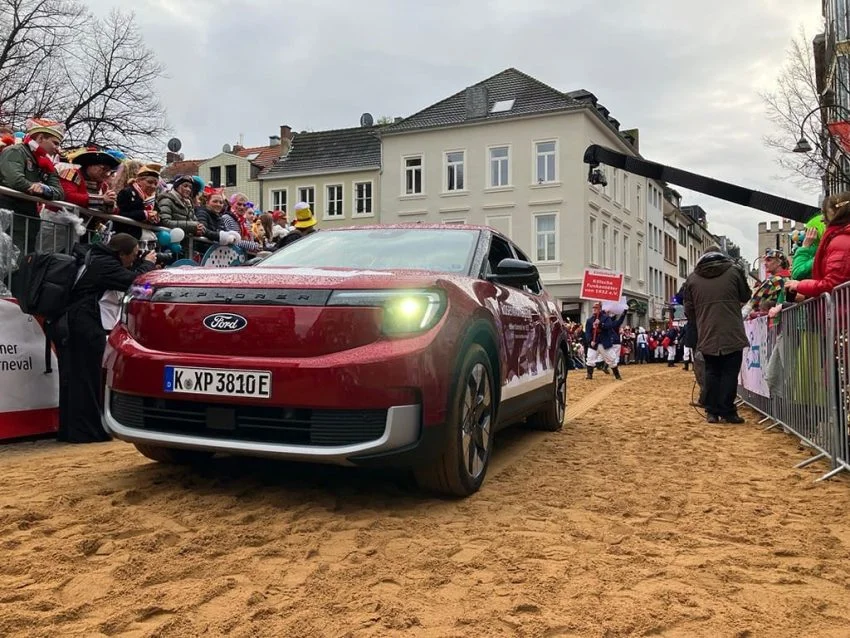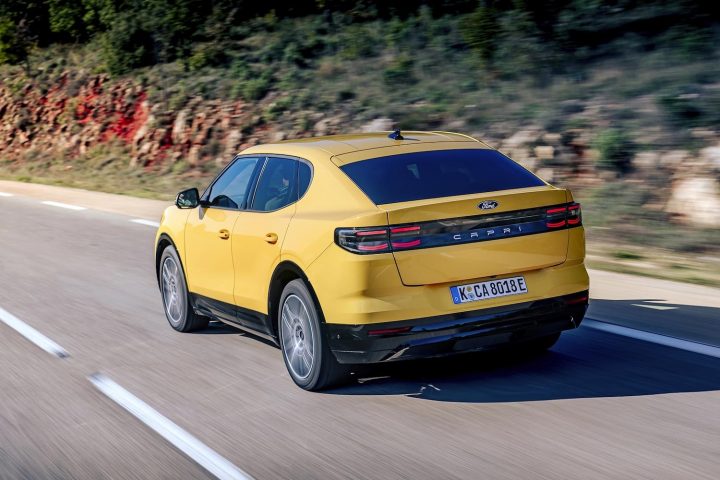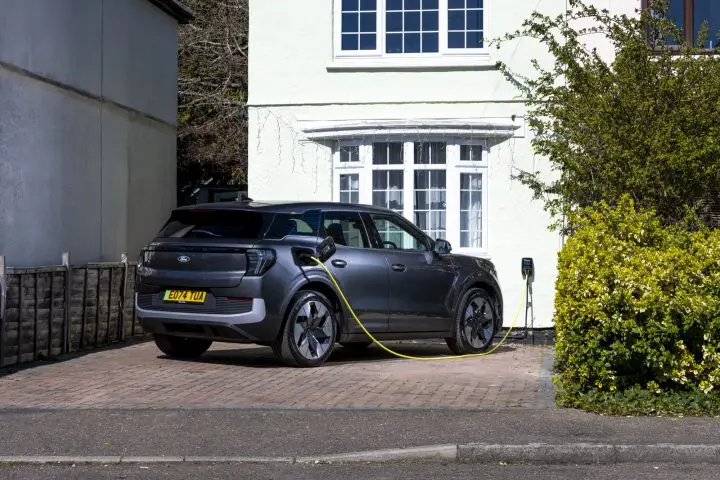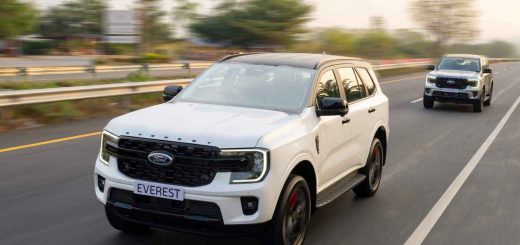With EV sales across the globe not reaching previously-expected levels, many have called for robust incentives designed to help entice consumers to go electric with their next new vehicle purchase. That includes former German Chancellor Olaf Scholz, who recently called for that country’s government to help subsidize EVs while speaking at the Cologne Electric Vehicle Center, which has already cut back production of the Ford Explorer and Capri EVs amid weak demand. Now, certain consumers in Germany will indeed get some financial assistance toward the purchase of a new EV.
As Ford Authority reported back in April, Germany was already planning to roll out incentives for the purchase of EVs, plug-in hybrids, and extended-range electric vehicles (EREVs), and intended to provide tax incentives for automakers that sell those vehicles in the country up until 2035. Now, according to Bloomberg, government officials have indeed fulfilled at least some of that promise with a move designed to help spur EV sales in Germany in the coming years.
Now-German Chancellor Friedrich Merz’s administration has agreed on some new incentives for low- and middle-income households, giving them financial assistance for those considering the purchase of a zero-emission vehicle. That package is worth a total of €3 billion ($3.5 billion USD), and is slated to run through 2029. “We agree that we want to do everything we can in the coalition under the responsibility of the federal government to ensure a bright future for the German automotive industry,” Merz told reporters.
This is certainly good news for Ford, which has struggled mightily in Europe recently, a region where its sales declined by 17 percent in 2024 versus the year prior. Facing a bleak future in Europe amid weak Ford EV sales and passenger vehicle demand in general, The Blue Oval is shuffling its leadership team and shifting its focus more toward the commercial side of the business, which is enjoying tremendous success there.

















No Comments yet